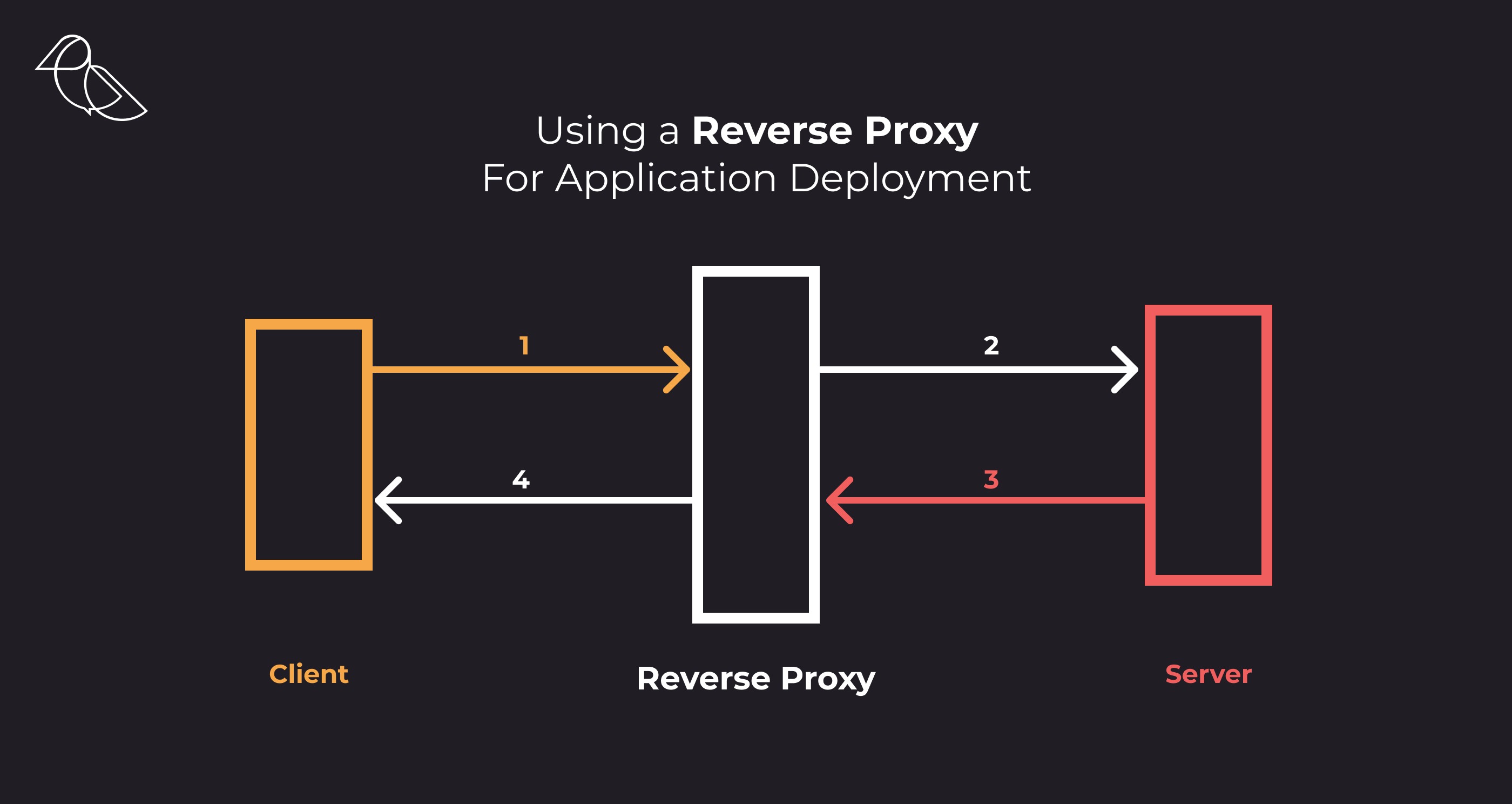Within today's digital age, online privacy and safety have become essential concerns for online users. As cyber threats on the increase and information leaks making headlines, many individuals and companies are searching for effective answers to safeguard their online activities. One particular option that stands out is the use of proxies. By serving as middlemen between users and the internet, these proxies not only enhance online security but also offer multiple benefits for accessing content and preserving anonymity.
Grasping the concept of a proxy is and how it operates is essential for anyone seeking to manage the complexities of online interactions safely. Whether for read more or to bolster a company's cybersecurity measures, the benefits of using a proxy can significantly affect the way we experience the web. From protecting your personal information to improving productivity, investigating the various types of proxy servers and their specific applications can result in a more informed and safer internet experience.

Understanding Proxy Servers and Their Functionality
Proxies function as intermediaries connecting individuals and the internet, channeling requests made by users to the websites they desire to visit. When a client makes a query, the proxy sends it to the target server while hiding the user's original IP address. This method not only helps in maintaining anonymity but also allows for screening information and implementing security policies.
There are multiple types of proxy servers, such as HTTP, SOCKS, and transparent proxies. Each type serves unique purposes, ranging from managing specific data exchanges to providing a low level of user identity concealment. For example, HTTP proxies are mainly used for web data, while SOCKS proxies can handle different types of data flow. Understanding these differences helps users select the right proxy based on their preferences.
In furthering improving privacy, proxy servers can improve online security. By screening traffic and preventing access to malicious sites, they can minimize the risk of malware infections. Additionally, they can store temporarily frequently accessed data, leading to faster load times and lowered bandwidth usage. Overall, proxies are crucial tools for everyone looking to explore the internet more securely and effectively.
Pros and Risks of Proxies
Using proxy servers delivers several benefits for internet users desiring better privacy and security. One of the primary advantages is the ability to conceal your IP address, which assists safeguard your identity and location from potential threats. By routing your internet traffic through a proxy, you can browse websites without detection, reducing the risk of tracking and surveillance by external entities. Additionally, proxies enable users to evade geographical restrictions, allowing access to content that may be restricted in certain regions.
On the other hand, relying on proxy servers also comes with certain risks. Not all proxies offer the same level of security, and free proxies, in especially, can subject users to privacy breaches and data theft. Some may log user activities or place advertisements into your browsing sessions. It is essential to select reputable proxy services to lessen these risks and guarantee that your online activities stay private. Moreover, the utilization of poorly configured proxy servers may generate vulnerabilities that hackers could take advantage of.
Another consideration is the influence on internet speed and performance. While some proxy servers can enhance connection times by saving frequently accessed content, others might cause latency and slow down your browsing experience. Grasping the benefits and risks associated with proxy servers is important for making informed decisions that correspond to your online needs and security demands.
Proxies in Industry and Gaming
In the corporate world, proxies play a vital role in enhancing security and protecting sensitive information. Companies can route their internet connection through a proxy, which acts as an middleman between users and the internet. This configuration not only shields IP addresses but also enables organizations to monitor and control internet access, ensuring that staff access only authorized content. By separating corporate networks from the public internet, proxy servers help reduce risks associated with cyber threats, making them essential tools for safeguarding corporate information.
Gaming also benefits significantly from the use of proxy servers. Gamers often face issues such as lag and geo-restrictions when trying to access various game servers. Using a proxy can reduce latency by improving network paths and offer access to geo-blocked games, enabling players to enjoy content that may not be available in their area. Additionally, proxy servers can help prevent IP bans in multiplayer games, allowing gamers to maintain continuous access to their accounts and gaming experience.
Moreover, the competitive gaming landscape has led many gamers to utilize proxy servers for an unfair advantage in their tactics. By enabling players to mask their real IP addresses and access multiple accounts without the threat of being caught, proxy servers can enhance performance and provide important insights. This usage, however, raises ethical questions about fair play and professionalism, underlining the importance of balancing the benefits provided by proxy servers with responsible gaming practices.
